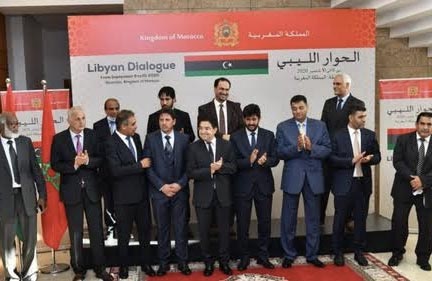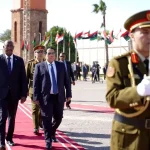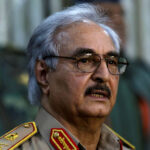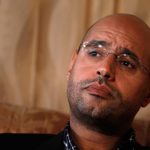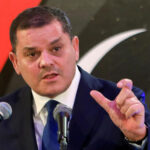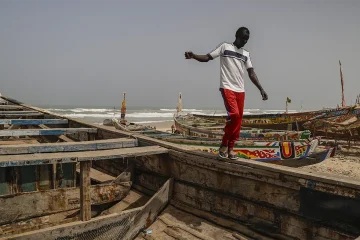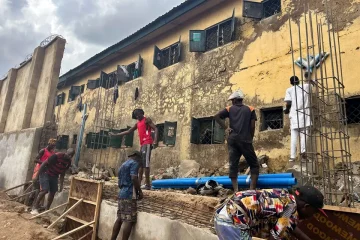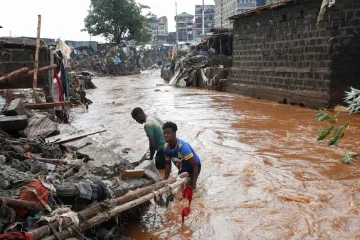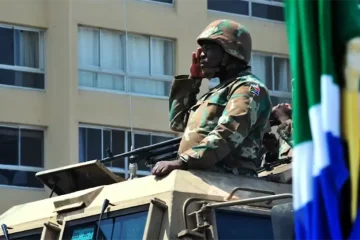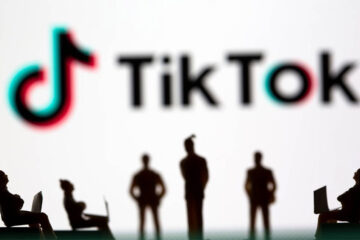POTENTIAL leaders of a new Libyan interim government tried to form into competing blocs yesterday hat could win backing from participants in U.N.-backed talks after publicly auditioning for top roles.
The process is part of a U.N plan that envisages national elections at the end of the year as a political solution to Libya’s decade of chaos, violence and division.
However, though the process represents the biggest peacemaking effort in Libya for years, it comes fraught with risk as heavily armed groups across the country watch their allies and rivals vying for political power.
Candidates for the three positions in a presidency council and for the post of prime minister have been interviewed in live broadcast sessions throughout the week.
They include the head of the eastern-based parliament, Aguila Saleh, and the western-based deputy prime minister Ahmed Maiteeg, interior minister Fathi Bashagha and defence minister Saleh Namroush.
An initial vote on Tuesday for the presidency council did not meet the required threshold for victory, triggering a secondary vote that requires candidates to join together into blocs by Thursday night.
That method – criticised by some Libyans as a means for powermongers to sway the process with backroom deals – will lead to a vote on Friday, the U.N. said.
Candidates have promised not to run for office in the national elections planned for December 24 and to step down from any other posts they hold if they win office through the U.N. process.
In Tripoli cafes this week, customers appeared jaded with a political process that has remained dominated by the figures who have already held major roles in the recent past.
“What is happening in Geneva is the recycling of some names and papers in a way that satisfies the international community,” said Aseel al-Mahdwi, a financial manager at a private sector company.
“I have no hope and I think tension and clashes will return,” he added.

